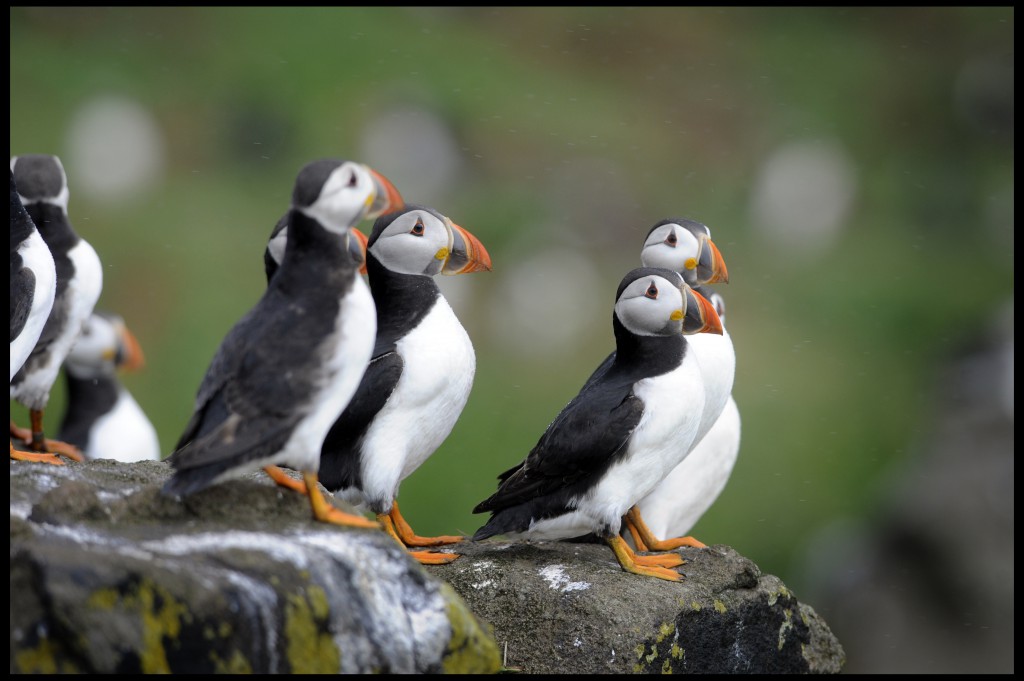AS a judicial review into ministers’ decision to grant consent to four offshore wind farms was launched today, the Scottish Seabird Centre called for more research into the impact of offshore stations on bird populations.
The Centre has “strong concerns” that insufficient research has been undertaken into the estimated annual mortality of seabirds as a result of the operation of the proposed windfarms.
Their estimates suggest that over 2,500 seabirds, including puffins and gannets, will be killed annually from being hit by the blades of the turbines – with others suggesting that the figure will be much higher.
The Centre say they have “strong concerns that insufficient research has been undertaken into the estimated annual mortality of seabirds as a result of the operation of the proposed windfarms.”

The Firth of Forth is of international importance for seabirds. The Bass Rock is the world’s largest colony of Northern gannets with over 75,000 apparently occupied sites whilst the Isle of May National Nature Reserve is the largest puffin colony on the east coast with around 46,000 apparently occupied burrows.
However, it has been identified that the proposed windfarms will kill seabirds on a regular basis.
Some estimates suggest that over 2,500 seabirds, including puffins and gannets, will be killed annually from being hit by the blades of the turbines.
Tom Brock OBE, Chief Executive of the Scottish Seabird Centre, said: “To help reduce climate change, we recognise the need for renewable energy developments at appropriate locations.
“However, we are extremely concerned about the potential impacts that a development of this scale (335 large wind turbines) will have on the large number of internationally important seabird colonies in the vicinity.
“Key decisions are being made when there are significant knowledge gaps: this is something that must be tackled head-on. It is essential that relevant research is undertaken as a priority to ensure that these important decisions are evidence-based and risks to Scotland’s seabirds are minimised.”
Multi-award winning environmentalist, Jean-Michel Cousteau, who has undertaken four decades of pioneering work around the world’s oceans, is backing the Seabird Centre’s call for further research.
He said: “For many of us who have dedicated our whole lives to protecting our planet and seek solutions to deal with climate change and renewable energy, we look for progress to make a difference for humans and all species. But not all efforts are equally progressive.
“A renewable energy ‘solution’ as proposed in Scotland at the Firths of Forth and Tay windfarms comes at the potential expense of critical seabird populations. This is not progress. It is not a solution. It trades off one problem for another that is unacceptable.
“For every action there is a reaction and that is what is happening here. People protect what they love. And, the seabirds of the Scottish coast are truly loved.”